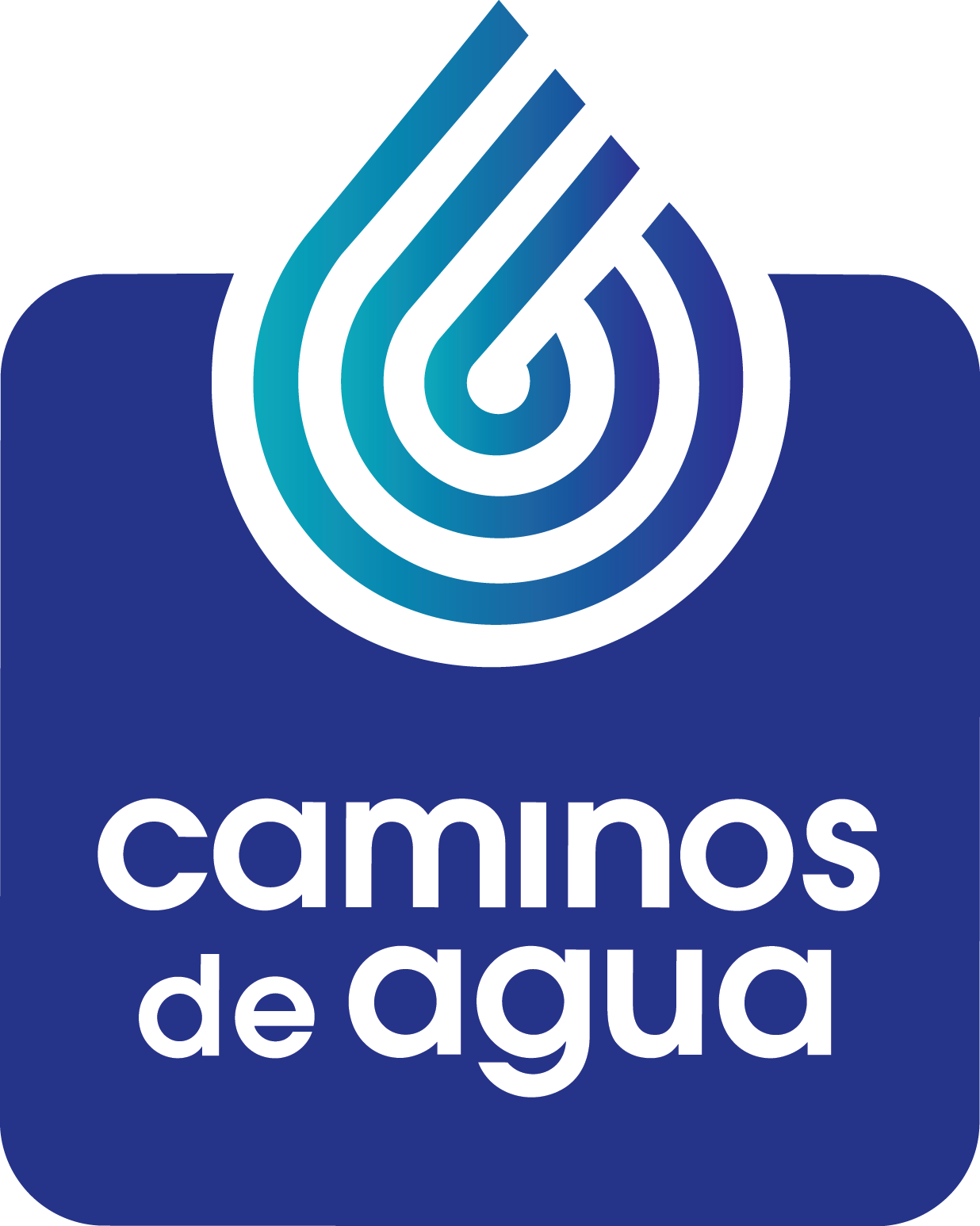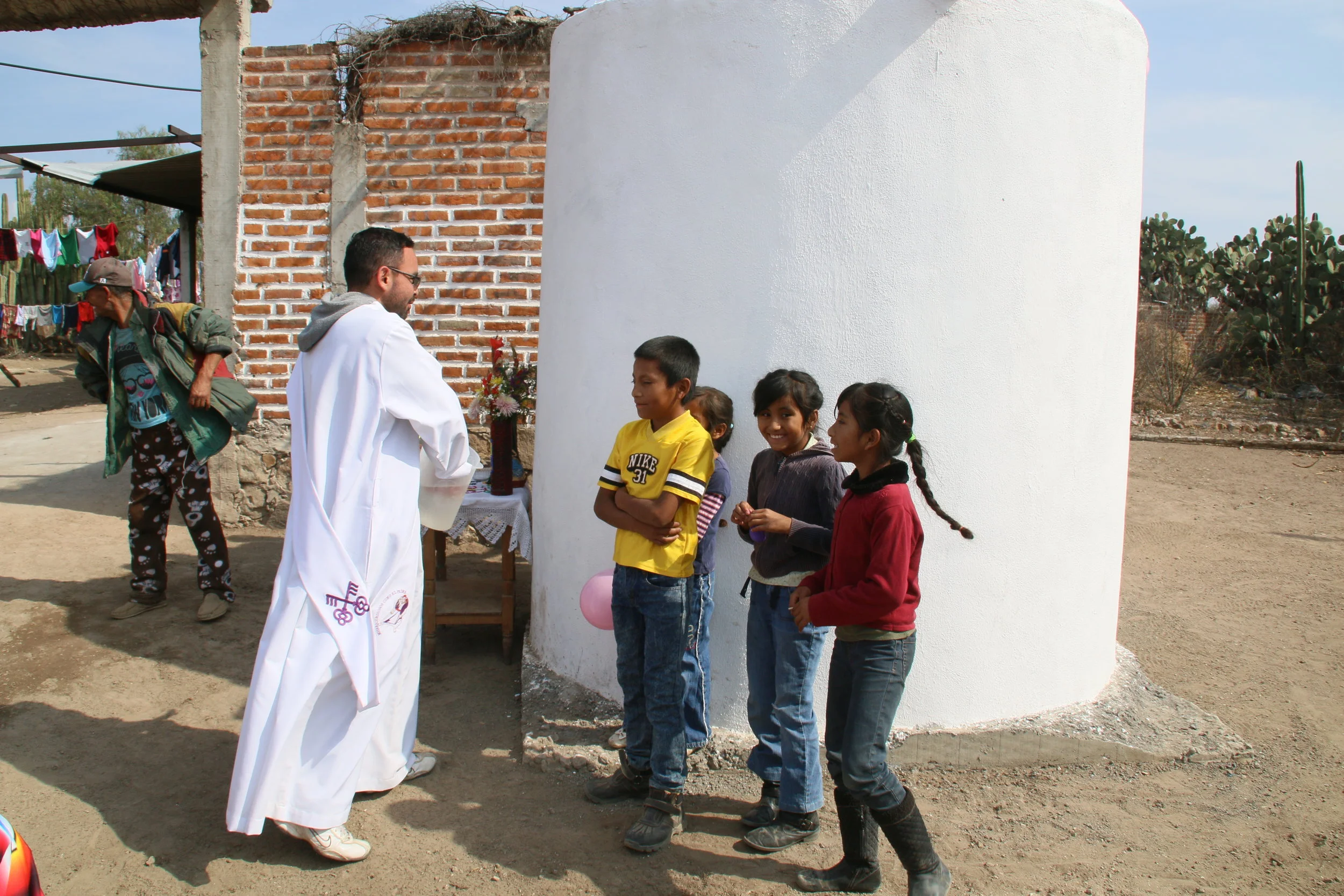San Luis de la Paz: six new cisterns to close out 2016!
Caminos de Agua led a training at the end of November for four rural communities in San Luis de la Paz (Llano Verde, Arenal de Arriba, La Escoba, and Arenal de Abajo). Some of these communities have almost no access to water (only 200 liters once or twice a month).
Other people in these communities have occasional access to water, but their water source is severely contaminated. Rainwater harvesting combined with any biological treatment is an appropriate solution for their water problems. Rainwater harvesting will increase their access to water and at the same time make sure that there are no chemicals or excessive minerals in their water. After any biological treatment, their harvested rainwater is safe, healthy and sustainable!
After the one week of training – where the community members learned to build their own rainwater harvesting systems – the community members finished all the six cisterns in just three weeks. The blessing ceremony held last Friday rang full of joy – in part, as one community member expressed – for the speed that the cisterns were completed. The young man commented as well on his pride of seeing a strong community bond develop over the course of the construction. The community wasn’t the only one pleased with thespeed and quality. Caminos de Agua staff Saul Juarez also commented that this project was the fastest he has witnessed to date.
On December 16th, the community gathered together to celebrate. Padre Zesati and Padre Cesar blessed the cisterns together with the communities. After the blessing, both priests guided a reflection session where community members could express their experiences. The community shared a range of reflections- from how tired they were after the intense experience to comments about how motivating the experience was- and how that group motivation moved them along quickly.
At the end of the day, Caminos de Agua distributed the final installment of ceramic water filters to ensure that all families who participated in this project have a ceramic water filter to treat their water for biological contaminants, which is the last step before rainwater can be consumed. We journeyed back to San Miguel de Allende celebrating the communities’ success.

